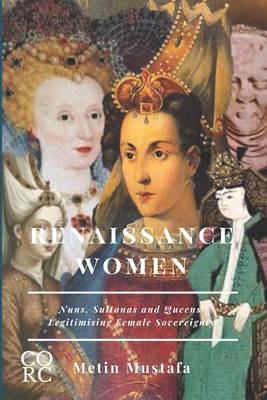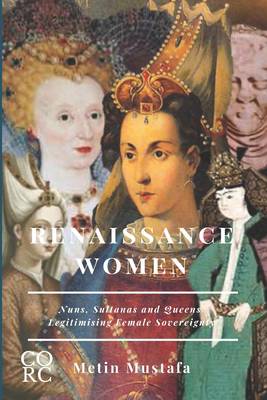
- Afhalen na 1 uur in een winkel met voorraad
- Gratis thuislevering in België vanaf € 30
- Ruim aanbod met 7 miljoen producten
- Afhalen na 1 uur in een winkel met voorraad
- Gratis thuislevering in België vanaf € 30
- Ruim aanbod met 7 miljoen producten
Zoeken
€ 31,95
+ 63 punten
Omschrijving
The three essays in this book place more emphasis on the role of early modern women in the Ottoman imperial harem and their counterparts in Italy, influential wives and nuns. The discussion also engages in the correspondence between Safiye Sultan and Elizabeth I establishing connections between the Ottoman and English royal households further reinforcing the legitimising of female sovereignty during the Renaissance. The predominant focus on the patronage of Renaissance women in asserting their sovereignty and challenging the patriarchal norms of early modern societies underpin the significance of the role of influential women in Ottoman Istanbul, Italy and England. I argue this through the feminist paradigm and the idea of mimicry put forward by the French philosopher Luce Irigaray. The importance of this demonstrates women were not silent, but active participants in early modern societies in Europe and the Ottoman Empire.
Specificaties
Betrokkenen
- Auteur(s):
- Uitgeverij:
Inhoud
- Aantal bladzijden:
- 120
- Taal:
- Engels
- Reeks:
- Reeksnummer:
- nr. 1
Eigenschappen
- Productcode (EAN):
- 9780646835433
- Verschijningsdatum:
- 24/02/2021
- Uitvoering:
- Paperback
- Formaat:
- Trade paperback (VS)
- Afmetingen:
- 152 mm x 229 mm
- Gewicht:
- 172 g

Alleen bij Standaard Boekhandel
+ 63 punten op je klantenkaart van Standaard Boekhandel
Beoordelingen
We publiceren alleen reviews die voldoen aan de voorwaarden voor reviews. Bekijk onze voorwaarden voor reviews.








